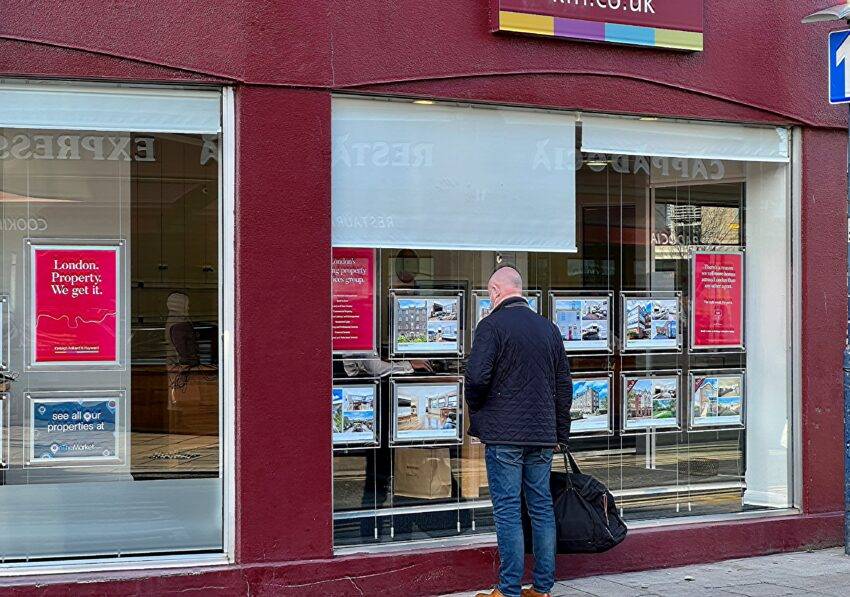UK house prices have fallen year-on-year for the first time since January 2024, as rising stock levels force sellers to compete harder for buyers.
The average asking price for a home coming to market this month is £370,257, according to the property portal Rightmove — 0.1 per cent lower than the same point last year. It marks the first annual fall in 18 months and follows months of subdued activity across the market.
Rightmove said the shift was being driven by a glut of new stock. The number of homes listed on its site has climbed to the highest level in a decade, with the number of transactions being agreed now running 4 per cent higher than last summer.
However, the extra supply is beginning to weigh on prices, particularly in the South, where values are highest. There are 9 per cent more homes up for sale in the region compared with a year ago, while stock levels elsewhere are up just 2 per cent.
The South West has recorded a 1.3 per cent annual fall in prices, while the West Midlands slipped into negative territory with a 0.1 per cent decline. By contrast, the North West remains buoyant, with prices up 3.2 per cent on the year.
The North East, East Midlands and Yorkshire also reported annual growth, reinforcing a long-standing divide between higher-value southern markets and more affordable northern regions.
The data comes amid renewed speculation over the government’s property tax plans. Reports last month suggested Chancellor Rachel Reeves is considering introducing a new national levy for owner-occupiers selling homes worth more than £500,000.
Rightmove said it had seen “no immediate reaction” from buyers and sellers to the reports. But Colleen Babcock, its head of trade marketing, warned that the uncertainty risked slowing the market in London and the South East — regions with the highest proportion of £500,000-plus homes.
If the tax were introduced, close to 60 per cent of London homes would be affected, compared with just 8 per cent in the North East.
The Royal Institution of Chartered Surveyors (RICS) reported last week that budget uncertainty was already filtering through into the market. Inquiries, sales and prices all slipped in August, according to its latest industry survey.
Rightmove suggested that the government’s decisions in November’s autumn budget could shape the direction of the market in the months ahead.
“With more stock available than at any time in the past 10 years, sellers are under pressure to set realistic prices and compete for buyers,” Babcock said. “The risk now is that uncertainty around tax reform slows the market just as transactions begin to pick up.”


